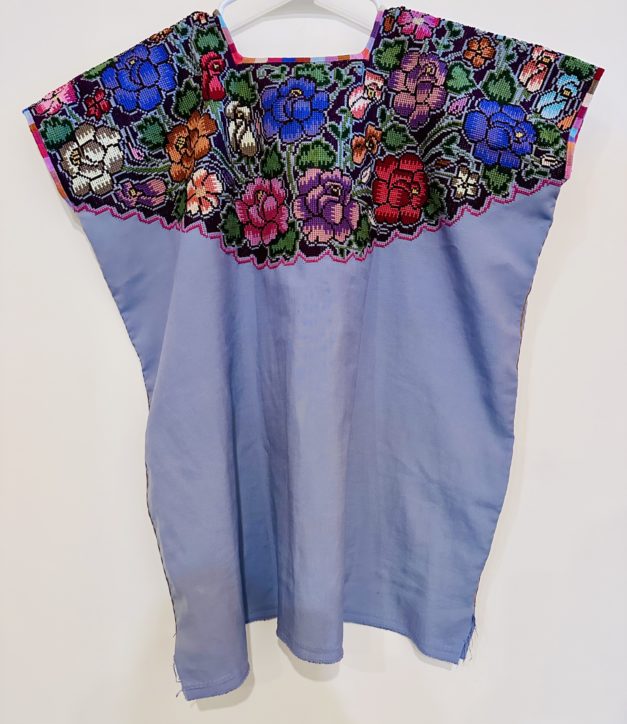Oaxaca and Mexico is well-represented at the Santa Fe International Folk Art Market, a knock-your-socks-off bazaar of many of the world’s best artisans.
Interspersed among the over 150 exhibitors are some of Oaxaca’s best artisans, too. Selection to participate is very competitive. Preference seems to be given to collectives and cooperatives that further the economic, cultural and social development of at-risk folk art.
Here are the groups from Oaxaca who came this year. We are proud of their accomplishments. They did very well and the income from sales are significant in sustaining and developing their personal lives, culture and craft.
- Juana Reyes Garcia and Jessica Lopez Felipe, back strap loom weavers representing 257 weavers brought by the Museo Textile de Oaxaca
- Magdalena Pedro Martinez, black pottery sculpture from San Bartolo Coyotepec
- Olegario Hernandez, carved gourd art from Pinotepa Don Luis
- Macrina Mateo, Silvia Garcia Mateo, Silvia Medina Hernandez from San Marcos Tlapazola, Tlacolula, who are part of the ceramics cooperative Innovando la Tradicion
- Flor de Xochistlahuaca weaving cooperative represented by Margarita Garcia de Jesus and Antonia Brigida Guerrero Santa Ana, working in natural dyes and indigenous cotton
- Jose Garcia Antonio and family from San Antonino Castillo Velasquez, Ocotlan, who make life-size primitive clay figures
- Odilon Merino Morales brings Amuzgos textiles hand-woven on the backstrap loom, many using natural dyes, all with expressive designs
Last Thursday I went to a discussion about color at Collected Works Bookstore given by textile design instructor Barbara Arlen. She talked about the psychology of color, how we choose it for fashion, home decor, mood, political importance, emotional well-being and comfort, and what we think looks good on us.
I’m moving toward indigo, the deep, intense blue derived from a plant, compressed, dried, ground and then made into a dye bath. This is a change for me and at the folk art market I was in search of indigo from Mexico, India, Africa. This seems to be the hot color this year, although it fits into the cool zone. Wear it with hot red beads.
Here in Santa Fe, like in Mexico, colors tend to be hot as a reflection of the environment. What works here doesn’t make it in New York or Detroit. Barbara talks about how New Yorkers prefer black and gray, the color of business, solemnity, seriousness and sophistication.
I am in New Mexico, the land of carefree fun, heat and brilliance with a deep Native American tradition of color. Red, coral, orange, turquoise, lime green, deep blue, pure gold, primary colors prevail here. Red, the color of passion, excitement, and yes, even sex, is predominant. Purple, the color of royalty, which came from the rare caracol purpura seashell.
Barbara Arlen says that color has to do with craftsmanship, faux vs. real, as in clothing, handbags and yes, even food. Slow food vs. fast food, the difference between flash cooked goodness where food is still close to its original fresh goodness and commercial food with chemical additives that give off a gray or brown or overcooked look.
Her discussion was an excellent introduction to folk art market shopping, where your bank account could be decimated within minutes. She asked us to pay attention to color hues, values and intensity.
She asked us to stretch to try a different color than we are used to wearing. Barbara recommended that we look at Style.Com and Vogue UK to keep up with current textile and fashion colors.
Always, she says, choose what makes you feel good. So, I did! And my friends Sheri and Sara did, too.

























4 responses to “Color Culture: Oaxaca at the Santa Fe International Folk Art Market”